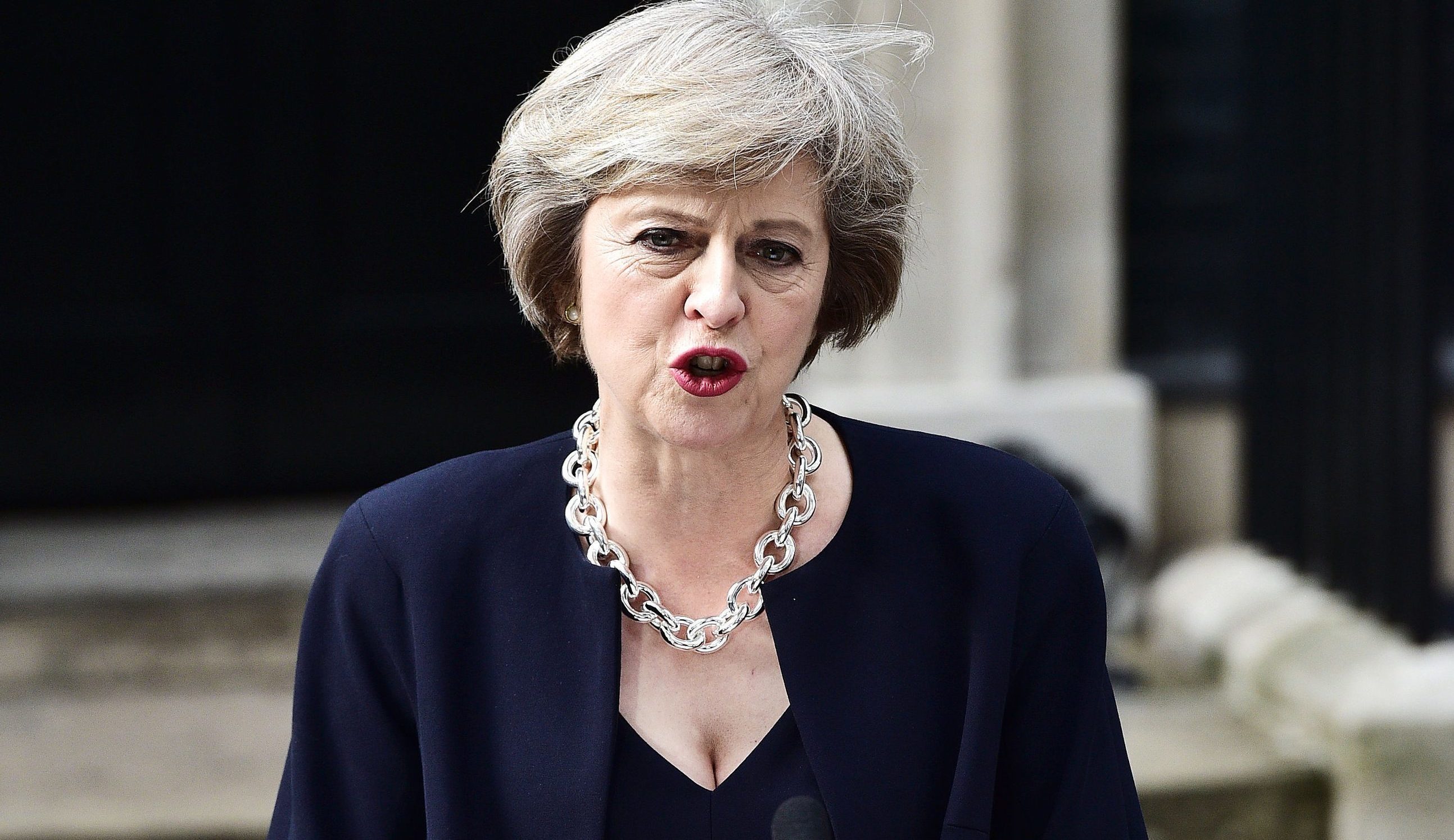Theresa May could be taken to court over human rights violations for treating EU nationals as “bargaining chips”, according to a senior academic.
The Prime Minister has refused to guarantee the rights of citizens from member states to continue living and working in the UK on the basis it would harm her Government’s negotiating position during Brexit talks.
But Virginia Mantouvalou, the co-director of University College London’s Institute for Human Rights, said the UK’s stance has potentially “devastating implications” for millions of people and could breach their right to a private and family life under Article 8 of the convention.
She told The Courier she has spoken to about 20 EU nationals in the last few days, who are worried about their future in the UK and open to the idea of mounting a legal challenge to the UK Government.
“The stance of the UK Government on the status of EU citizens in the UK may violate the European Convention on Human Rights (ECHR),” she wrote in an article for the UK Constitutional Law Association. “European human rights law does not permit the treatment of people as bargaining chips.”
Dr Mantouvalou said while the UK Government has said there will be “no immediate change” in the legal status of citizens in the UK, the Foreign Secretary Philip Hammond has backed Mrs May’s refusal to make longer term guarantees because it would “absurd” to do so before negotiations begin with other member states.
The human rights and labour law expert said the uncertainty alone caused by these statements could amount to a breach of Article 8 even before the prospect of deportation is raised, which she accepts the UK Government has not done.
“If this (not guaranteeing rights of EU citizens) lasts for a couple of years, as it may well do, and a particular individual, and his or her dependents, is affected by the uncertainty itself surrounding their legal status then it may well be in breach of the ECHR,” she told The Courier yesterday.
The ECHR is enshrined in UK law through the Human Rights Act and is not connected to its membership of the EU. The act allows for alleged human rights breaches to be challenged in courts in the UK.
Mrs May called for a withdrawal from the ECHR earlier this year, but during her Conservative leadership campaign said that is “something I’m not going to pursue”.
David Torrance, the SNP’s Kirkcaldy MSP, said Mrs May’s refusal to guarantee the status of EU nationals living here is “nothing less than a disgrace”.
A Downing Street spokesman said: “The Government’s position is clear. We fully expect the legal rights of EU nationals already in the UK will be properly protected. They make a huge contribution to our country.
“But we need to win the same rights for British nationals living in European countries.”
There are 173,000 non-UK EU nationals living in Scotland.
